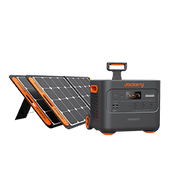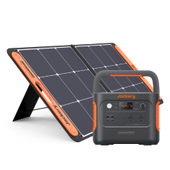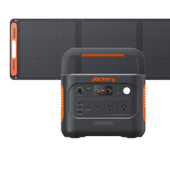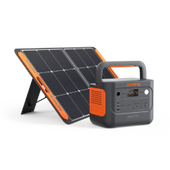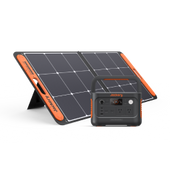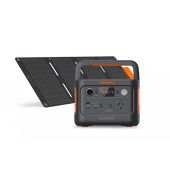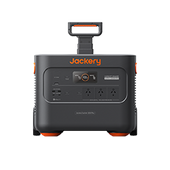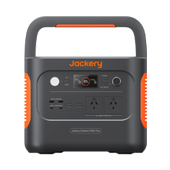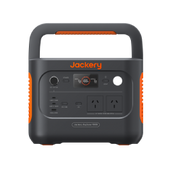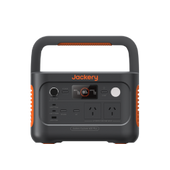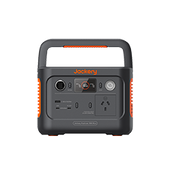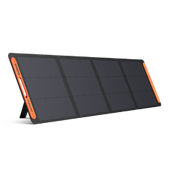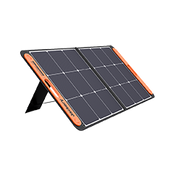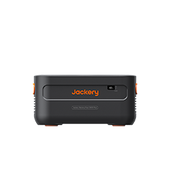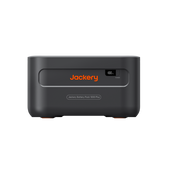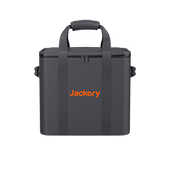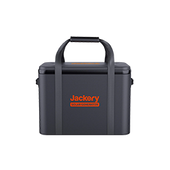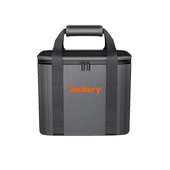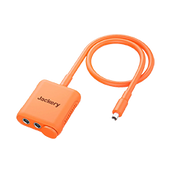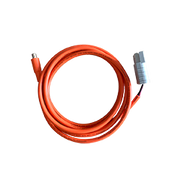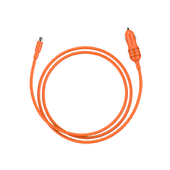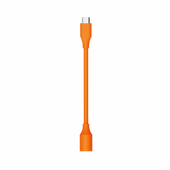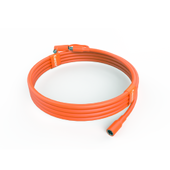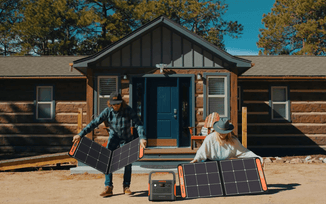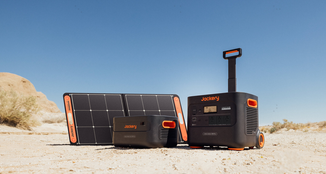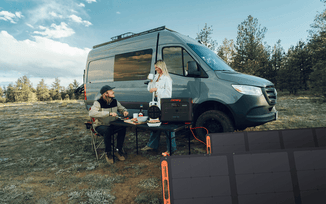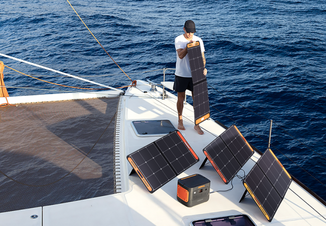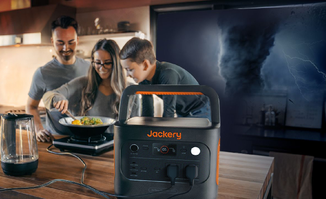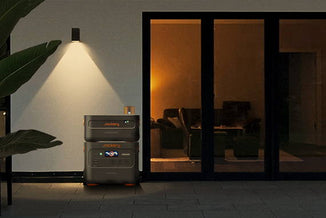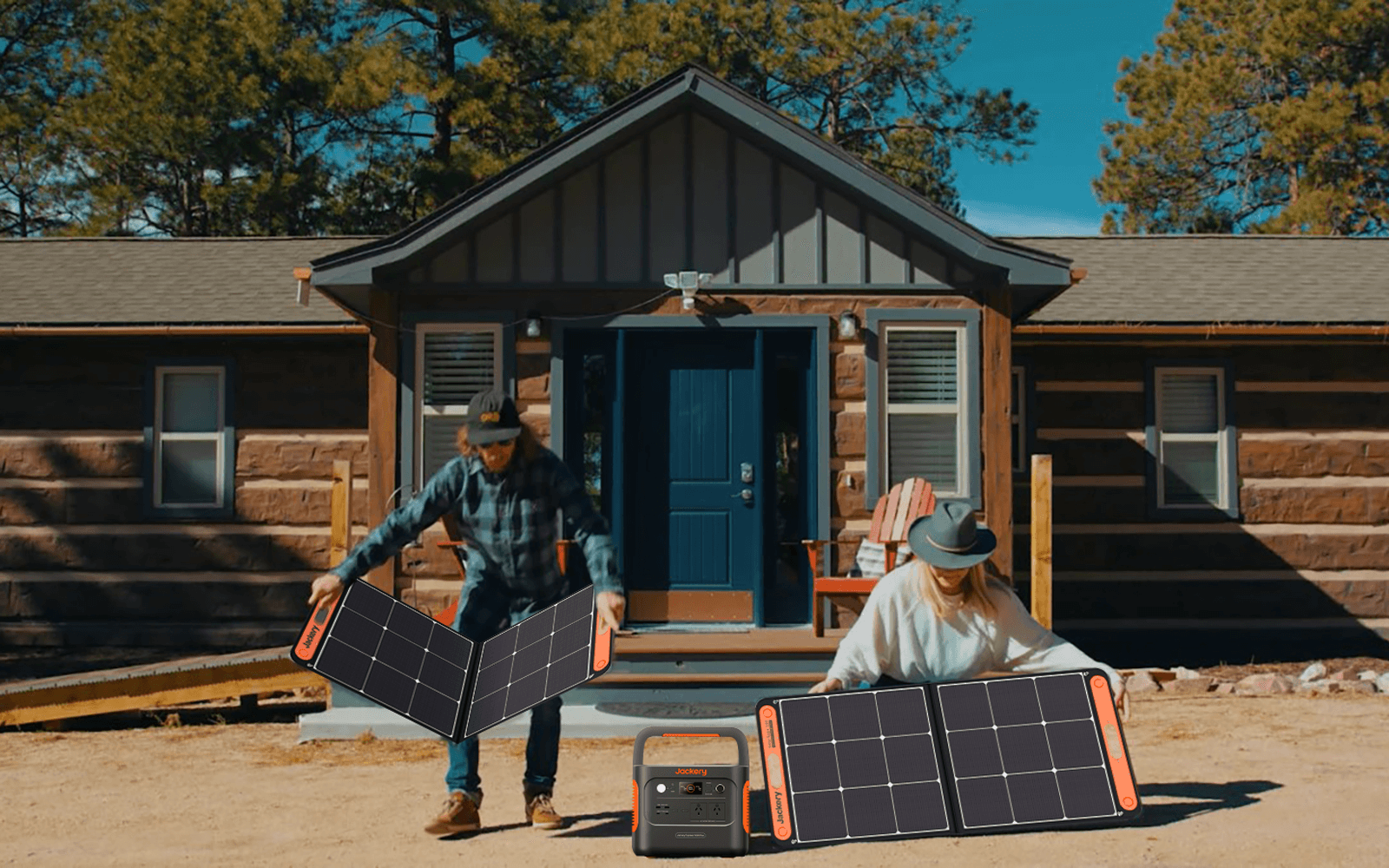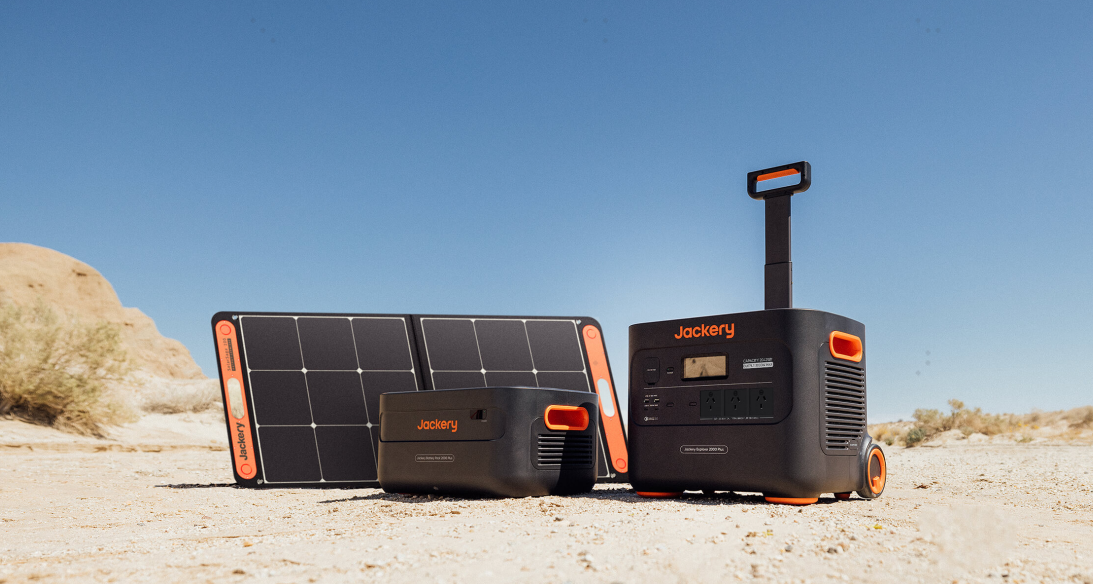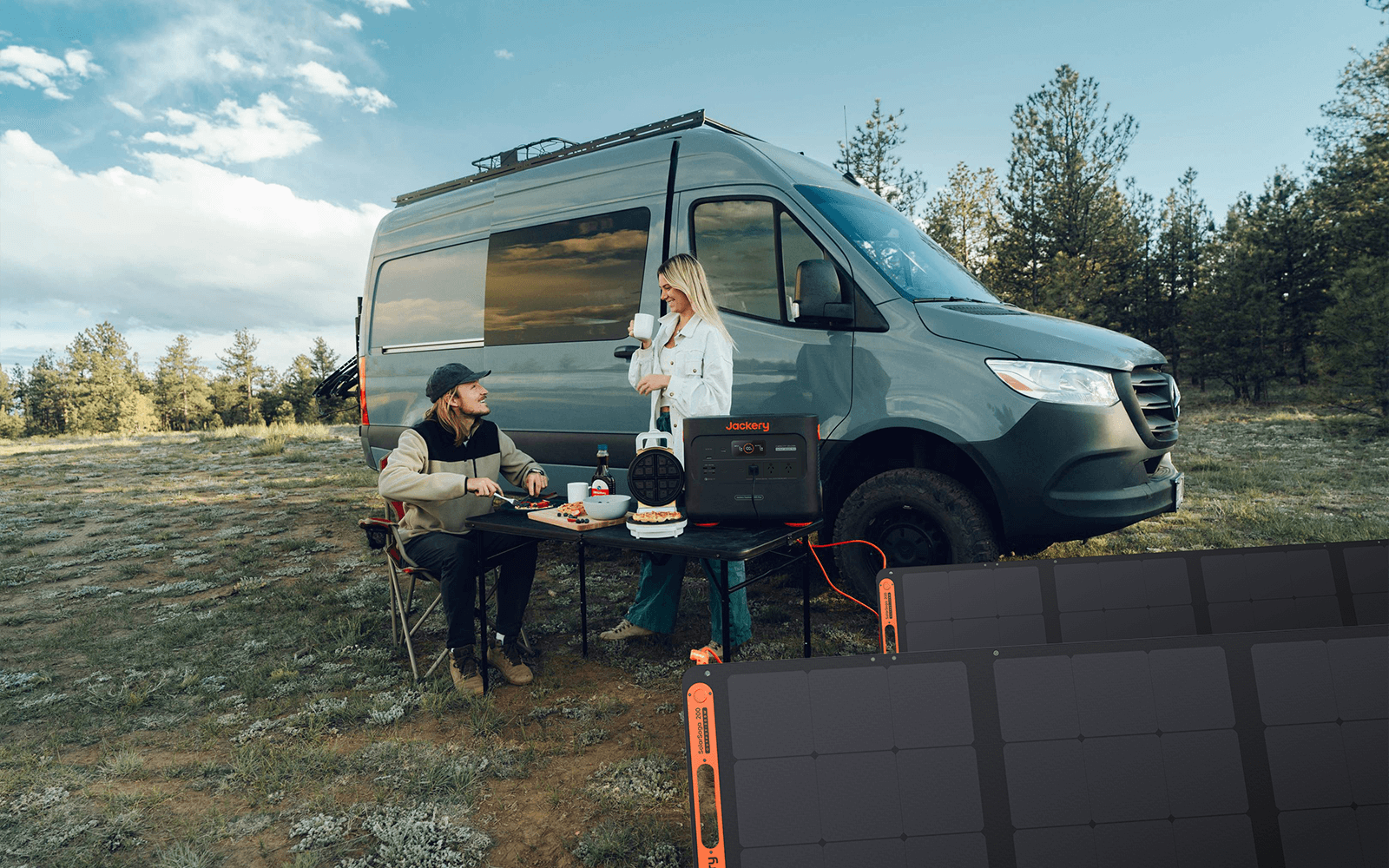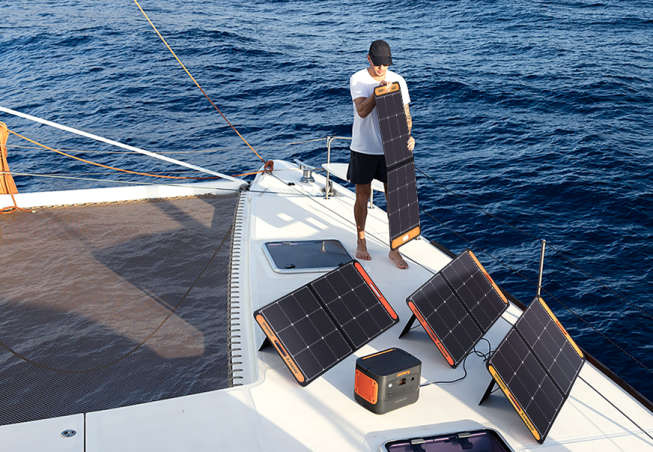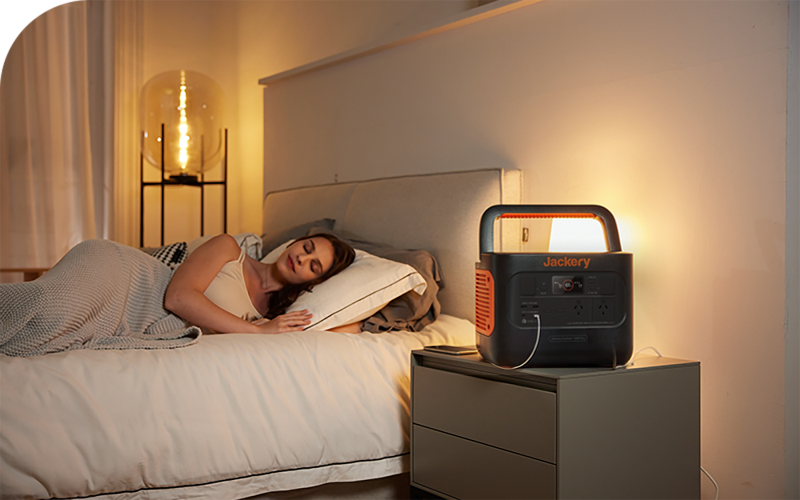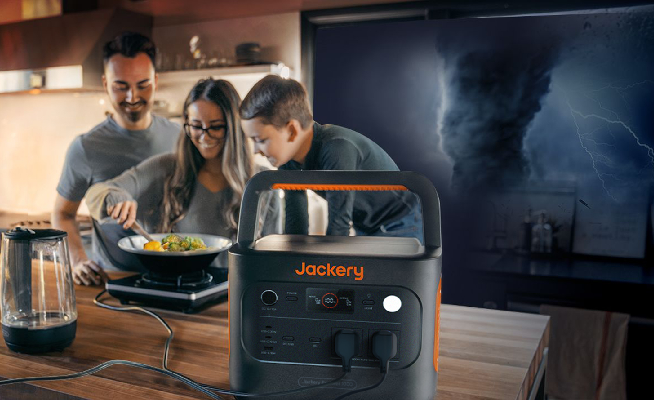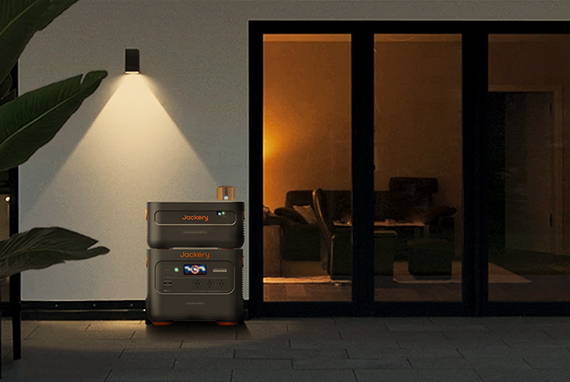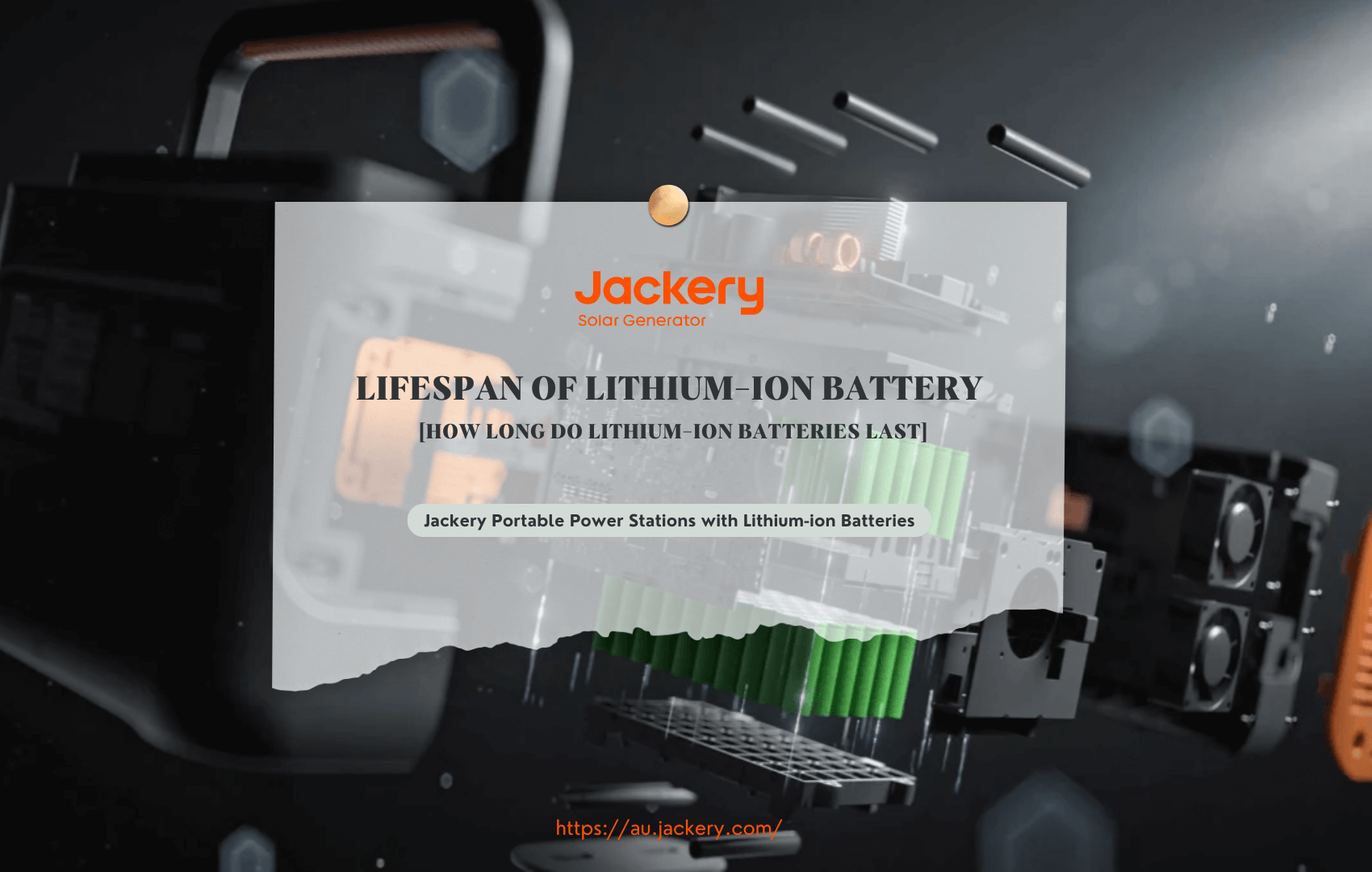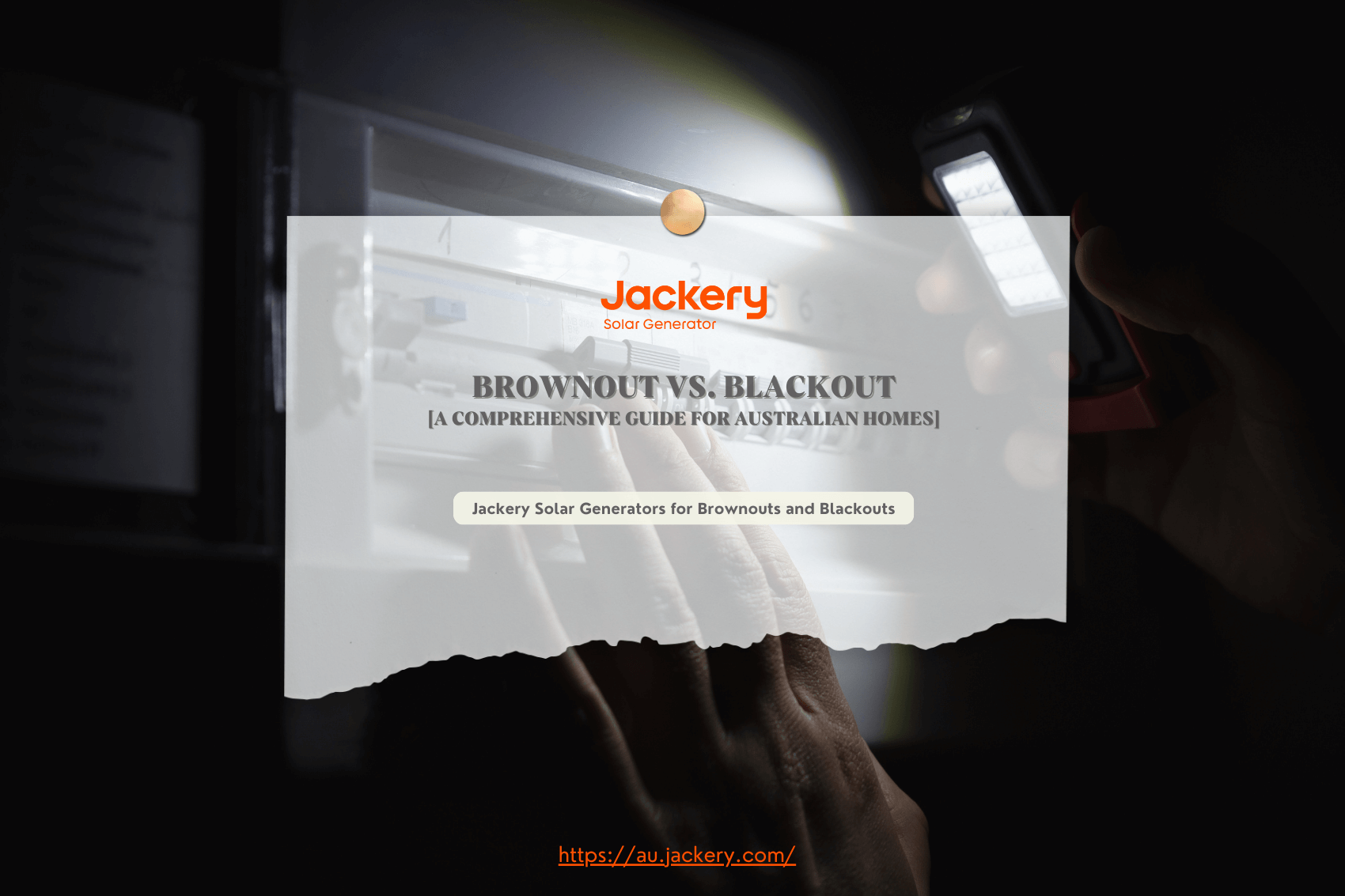Higher Requirements of Smart Home Life
A smart home seamlessly integrates technology into its core architecture, facilitating automated and remote control over numerous household functions, including heating, lighting, security, and entertainment systems. Smart homes, while offering unprecedented convenience and efficiency, also present unique power challenges that must be carefully managed. The reliance on a stable and efficient power supply is heightened due to the interconnectedness of smart devices. Here are the key power-related challenges:
- Reliability and Efficiency Demands: Smart homes require a consistent power supply to function optimally. The efficiency of smart systems, such as lighting, heating, and security, depends on a steady flow of electricity.
- Vulnerability to Outages: Any disruption, such as a power outage, can limit or halt the activities across the home. This can affect not just comfort but also security systems, potentially leaving the home vulnerable.
- Risk of Damage: Sudden power failures or fluctuations can potentially damage sensitive electronic components within smart home devices, leading to costly repairs or replacements.
- Increased Power Consumption: The collective power draw of multiple smart devices can increase a home's overall energy consumption. This not only leads to higher electricity bills but also raises concerns about the environmental impact.
What is an inverter generator? And how does an inverter generator work? Or can an inverter generator power a house? These puzzles become pertinent questions for homeowners seeking robust backup power solutions.
To mitigate these challenges, smart home owners may incorporate backup power solutions, such as uninterruptible power supplies (UPS), to maintain operation during outages. Additionally, energy-efficient designs and smart energy management systems can help optimize power usage and reduce overall consumption.
The Necessity of Backup Power in Australia
Power outages, often a result of Australia's volatile weather, can swiftly disrupt the intricate systems that govern smart homes. The necessity of backup power in these scenarios is twofold: firstly, to maintain the operation of critical home systems such as security, lighting, and communication networks; secondly, to protect the significant investment homeowners have made in smart home technology.
In addition to providing a fail-safe during emergencies, backup power systems also play a pivotal role in optimizing energy use within smart homes. They enable homeowners to manage peak load times more efficiently, reducing dependency on grid power during its most expensive periods. This shift not only contributes to considerable savings on electricity expenses but also promotes a more sustainable energy consumption pattern.
Moreover, incorporating renewable energy sources into backup power solutions aligns with global environmental goals and responds to the growing consumer demand for green and sustainable technologies. For instance, solar generators not only provide a dependable power backup during outages but also reduce carbon footprints by harnessing solar energy, a plentiful resource in Australia's sunny climate. The integration of such renewable sources not only diminishes reliance on fossil fuels but also enhances the long-term sustainability of the household’s energy solutions.
The financial implications of investing in backup power are significant yet highly beneficial in the long run. Initial setup costs are quickly offset by the reduced energy expenditures and the increased resilience against potential damages from power inconsistencies. For smart homeowners, the peace of mind that comes with having a reliable backup system that supports sustainable practices adds immense value, proving that the upfront investment is prudent and profitable in the scope of future savings and home valuation.
What are Inverter Generators and Solar Generators?
In the quest for a reliable backup power solution for smart homes, the choice often boils down to inverter generators versus solar generators. Each offers distinct advantages and potential drawbacks, depending on your needs and environmental concerns.
1) Inverter Generator:
Inverter generators are known for their efficiency and ability to generate power quietly and with less environmental impact than traditional generators. They work by producing AC current, converting it to DC, and then back to a cleaner AC output, which is safer for powering sensitive electronic devices in smart homes. This makes inverter generators a reliable option for emergency power supply during outages. However, they still rely on fossil fuels such as gasoline or diesel, which can be a significant drawback for those looking to minimize their environmental footprint.
2) Solar Generator:
Solar generators, on the other hand, provide a greener alternative. They harness the power of the sun to generate electricity, storing it in high-capacity batteries for use when needed. This process is completely renewable and emits no pollutants, making solar generators an environmentally friendly choice. The dependence on solar power also means that operational costs are significantly lower over time, as sunlight is free and abundant, especially in sun-rich Australian locales.
Inverter Generator vs. Solar Generator
Inverter generators and solar generators are both types of power generation systems, but they operate differently and have distinct advantages and disadvantages.
Fuel Dependency
Inverter generators, while more fuel-efficient than their non-inverter counterparts, still depend on gasoline or propane to operate. This means users need to store, transport, and manage fuel, which can be inconvenient and potentially hazardous. In contrast, solar generators are not tied to a fuel supply. They harness energy from the sun, which is abundant and free, making them a sustainable and reliable long-term power solution, especially in areas with consistent sunlight.
Noise Level
The noise level of an inverter generator can vary, depending on the model and its load. Solar generators, however, offer a significant advantage in noise reduction. With no combustion engine or moving parts, solar generators operate silently, making them ideal for residential areas where noise pollution is a concern.
Cost
The initial purchase price for an inverter generator is typically less than that of a solar generator. However, the total cost of ownership over time is an important consideration. Inverter generators incur ongoing costs for fuel, oil, and routine maintenance. Solar generators, while having a higher upfront cost, have lower operating costs since they don't require fuel. Additionally, solar generators may qualify for government incentives or tax credits, which can offset the initial investment.
Environmental Impact
Smart homes often incorporate eco-friendly technologies to reduce environmental impact. Solar generators, with their zero-emission power generation, are an excellent fit for this lifestyle choice. They contrast sharply with inverter generators, which, despite being more eco-friendly than traditional generators, still emit CO2 and other pollutants.
Usage
Inverter generators are well-suited for situations that require a rapid response and high power output, such as during power outages, construction sites, or events where heavy machinery or multiple high-wattage devices need to be powered simultaneously. Solar generators, with their quiet operation and clean energy, are more appropriate for applications where noise and emissions are a concern, such as in remote locations, camping, or as a home backup power source.
Reliability and Maintenance
Inverter generators, like any combustion engine, require regular maintenance, including oil changes, spark plug replacements, and potential repairs due to mechanical wear. Solar generators, with fewer moving parts and no combustion engine, are generally more reliable and require less maintenance, which can save users time and money in the long run.
Energy Independence
The ability of solar generators to operate independently from the grid enhances a smart home's resilience against power outages. This feature is invaluable for maintaining the functionality of smart home systems during emergencies.
Scalability
As a smart home's energy needs evolve, solar generators offer the flexibility to expand power generation and storage capacities by adding more panels or batteries. This scalability supports the growth and adaptation of smart home technologies over time.
In conclusion, while inverter generators offer the benefits of quick power generation, solar generators provide a sustainable, low-maintenance, and environmentally friendly power solution that can be more cost-effective in the long term. The choice between the two will ultimately depend on the user's specific requirements, including the need for power output, operational environment, budget, and commitment to sustainability.

Solar Generator Recommendations
In the evolving landscape of smart home technology, where energy demands are ever-increasing, having a dependable and sustainable power source is crucial. Solar generators, especially from a trusted brand like Jackery, stand out as optimal solutions. Here, we delve into two top-tier models, the Jackery Solar Generator 2000 Plus and the Jackery Solar Generator 1000 Pro, discussing how they cater to different energy needs within smart homes.
Jackery Solar Generator 2000 Plus
- Large Battery Capacity: With a substantial 2,042Wh battery capacity, the Jackery Solar Generator 2000 Plus ensures that your smart home remains powered for extended periods. This robust capacity is essential for maintaining the operation of home appliances and devices during outages or when off-grid.
- High Power Output: Equipped with a 3,000W inverter, the generator is capable of meeting the power demands of most household appliances, including refrigerators, air conditioners, and power tools. This high-power output is a key requirement for a smart home, where multiple devices often require simultaneous operation.
- Fast Charging: Leveraging Jackery's advanced IBC technology, the generator can achieve a full recharge in as quick as 7hours by wall charging. This swift solar charging capability is a significant advantage, allowing the smart home to rapidly restore power reserves.
- Expandable Capacity: The system's scalability is another standout feature, with the option to expand the capacity up to 12kWh by adding extra battery packs. As the energy needs of a smart home evolve, this expandable capacity ensures the power solution can adapt accordingly.
- Smartphone App Control: The Jackery mobile app facilitates real-time monitoring and customization of the power station, enhancing both the efficiency and user experience. Smart home owners can manage their power solution remotely, adding another layer of convenience and control to their smart home ecosystem.
- Durability and Safety: The generator is built to last, with a 94V-0 fireproof rating and a Battery Management System that safeguards against overcharging, over-discharging, and overloading. These safety features are paramount in a smart home, where the protection of sensitive electronics is crucial.
Jackery Solar Generator 1000 Pro
- MultiplePorts: Featuring two AC outputs, two USB-A outputs, and two USB-C ports with 100W max output, the generator can deliver fast and efficient charging for modern smartphones, tablets, and laptops, which are often at the heart of smart home ecosystems.
- Long Battery Life: The battery is designed to last for over 10 years, even with regular use, ensuring a long-term power solution for smart home owners.
- Safety Features: The industry-leading Battery Management System (BMS) offers 12 layers of protection against short circuits, overvoltages, and more, safeguarding both the power station and connected smart home devices.
- Silent Operation: With a noise level of less than 46dB, the generator operates quietly, maintaining the peaceful ambiance often desired in smart home environments.
- Durable and Portable Design: Weighing 11.5 kg (25.35 lbs) and featuring a shock-resistant design with flame-resistant materials, the generator can be easily transported for both indoor and outdoor smart home applications.

Conclusion
Jackery, a trailblazer in portable power solutions, offers innovative products designed to enhance modern lifestyles with clean, reliable energy. Renowned for their efficiency and sustainability, Jackery's solar generators, such as the Jackery Solar Generator 2000 Plus and the Jackery Solar Generator 1000 Pro, are specifically tailored to meet the demands of smart home systems, providing a greener alternative to traditional inverter generators.
By harnessing the power of the sun, Jackery not only commits to environmental responsibility but also ensures that smart homes remain powered during outages without the drawbacks of fossil fuel dependency. With a focus on portable energy freedom, Jackery continues to empower adventurers and homeowners alike, making it an indispensable part of everyday life and adventures.

